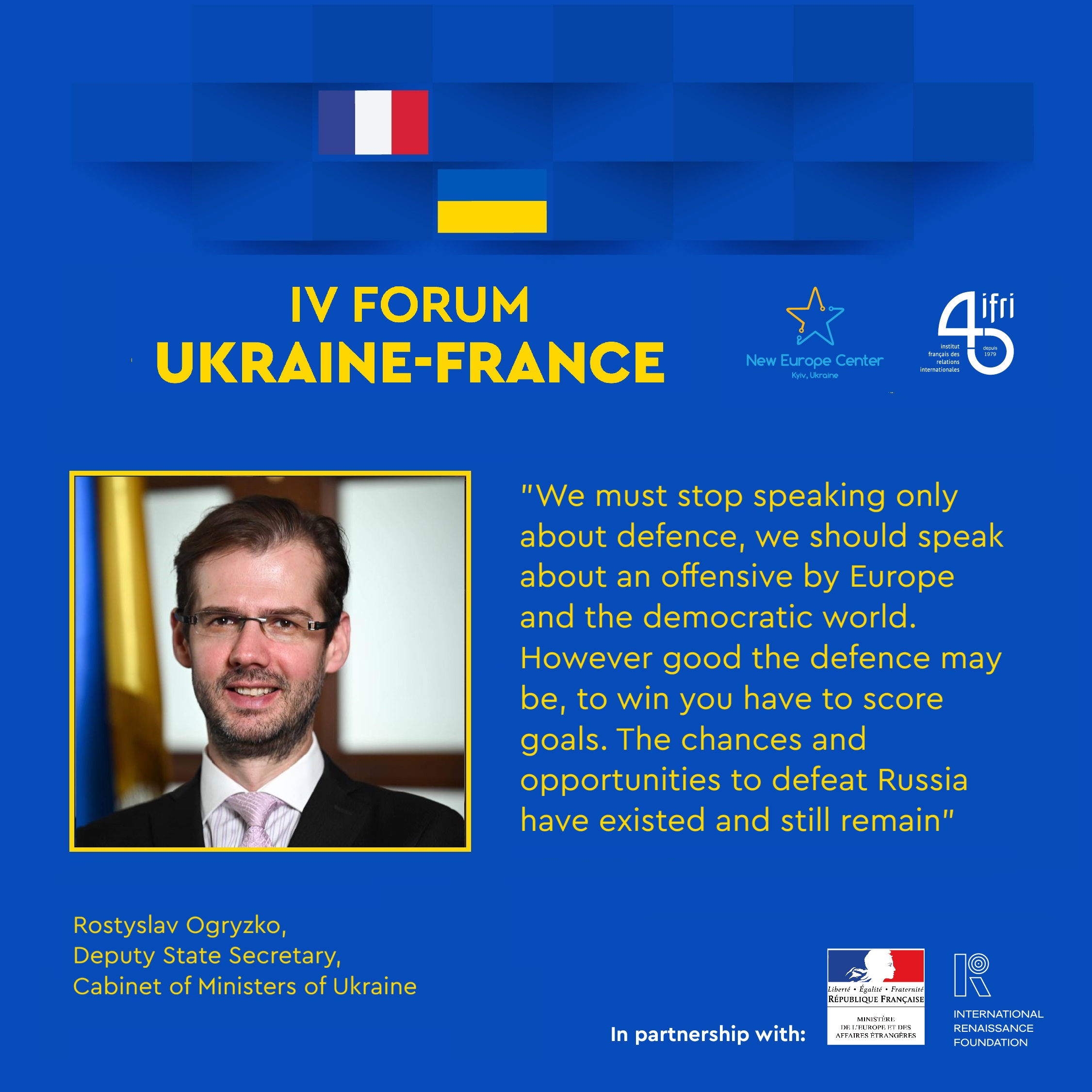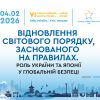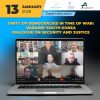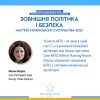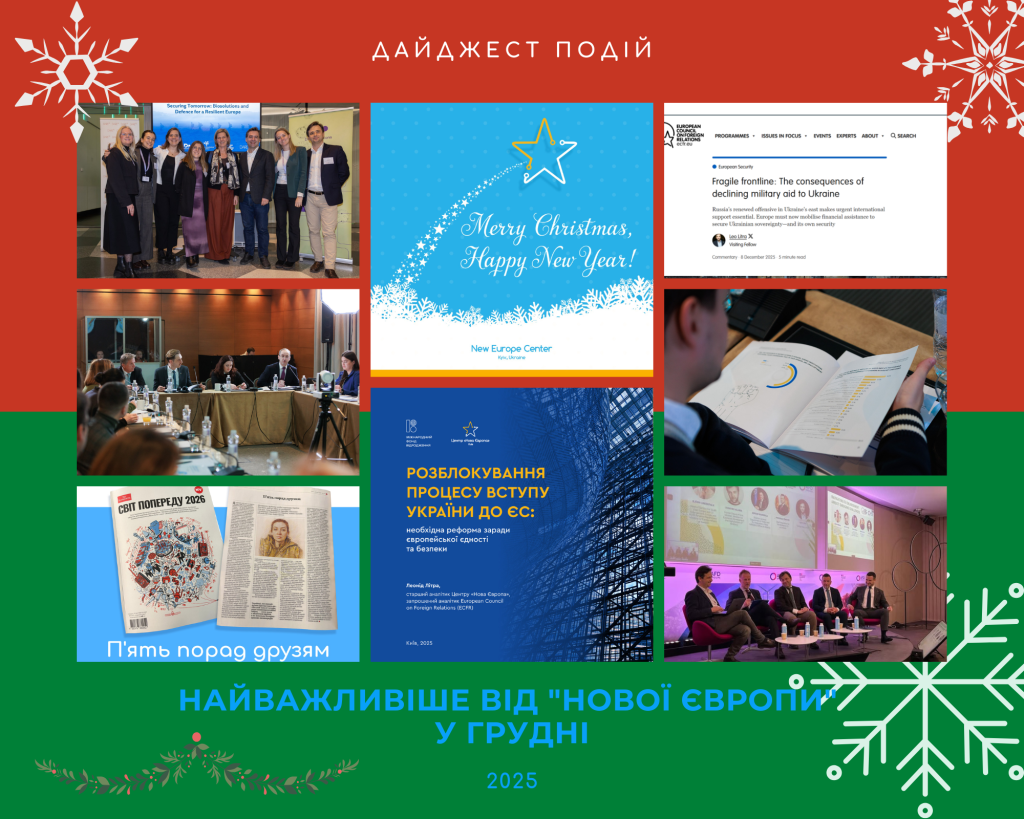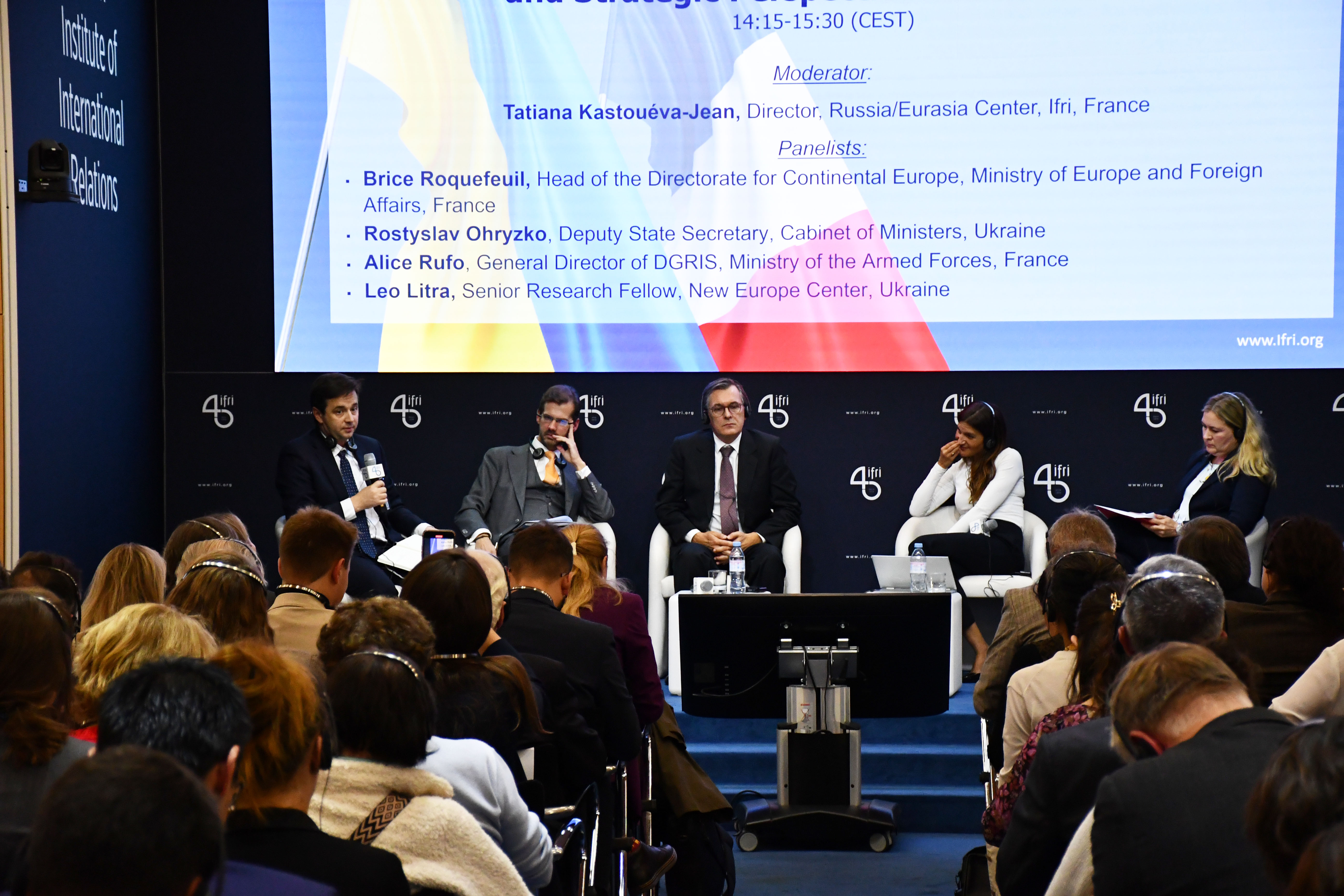
On September 25, 2025, the New Europe Center together with the French Institute of International Relations (IFRI) held the IV Ukraine-France Forum in Paris.
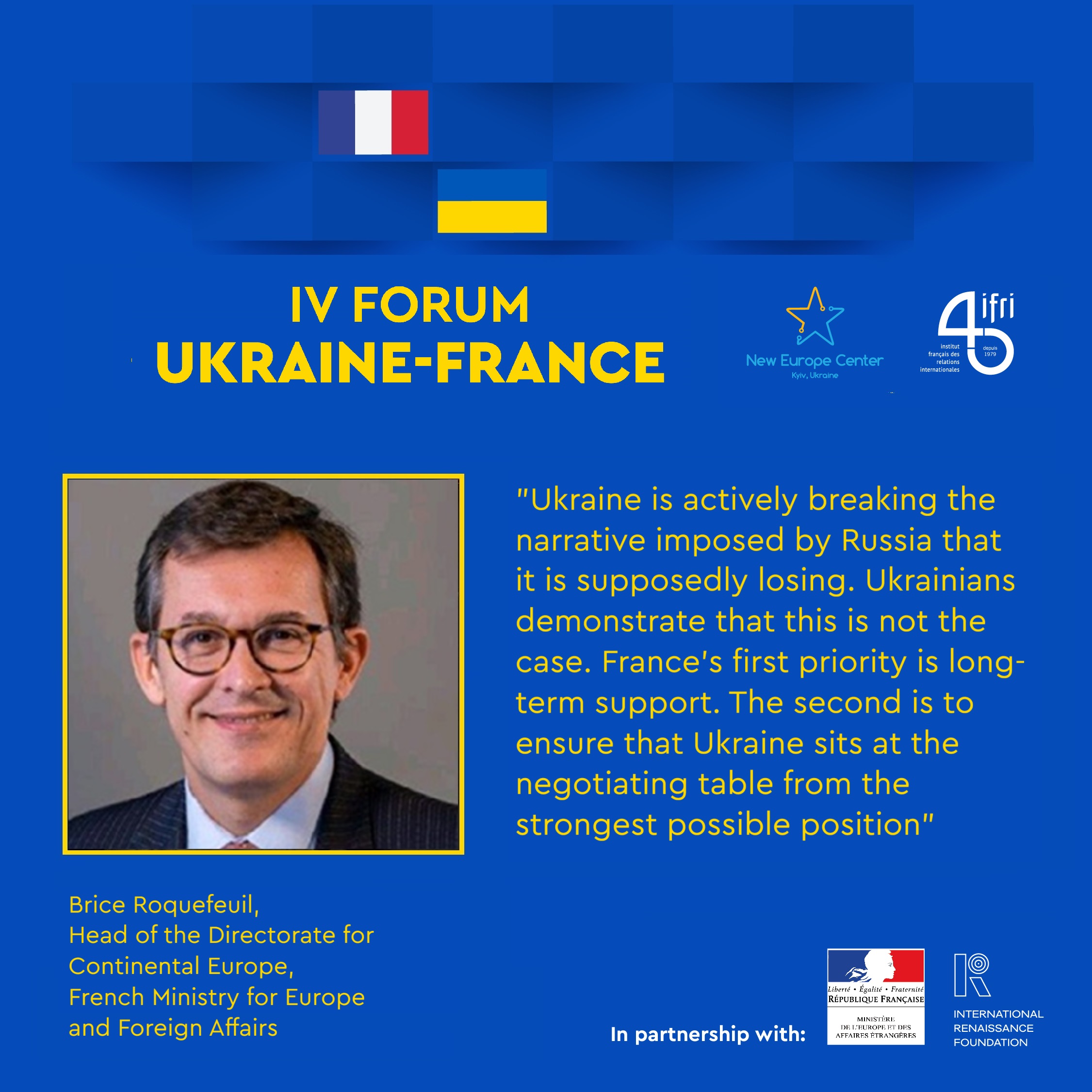
Brice Roquefeuil, Head of the Directorate for Continental Europe, French Ministry for Europe and Foreign Affairs:
- Support for Ukraine remains a strategic priority for France. Paris is firmly committed to providing long-term military and financial assistance to ensure that Ukraine can endure and approach potential negotiations from the strongest possible position;
- Russian disinformation is systemic and influences even international narratives; therefore, it is crucial to actively counter claims about the “ineffectiveness of sanctions” or the so-called “fatigue of the West”;
- Democracy is an integral part of victory. Ukrainian soldiers and citizens demonstrate a profound understanding of the importance of democratic processes and a strong commitment to participating in the country’s future political life;
- European unity remains unshaken despite internal disagreements — the EU continues to maintain a consolidated position in supporting Ukraine;
- The use of frozen Russian assets represents a new avenue in the search for sustainable mechanisms to finance Ukraine’s support.
Rostyslav Ohryzko, Deputy State Secretary, Cabinet of Ministers of Ukraine:
- There is an urgent need for combined military and financial assistance to Ukraine in order to preserve the “shield” that protects Europe;
- European security directly depends on stability in Ukraine; any insufficient response would result in the spread of threats across the European space;
- A paradigm shift is required: Europe and the democratic world must move from a purely defensive posture to an active, forward-looking approach.
- Ukraine possesses unique practical experience in modern warfare, which should be integrated into the European security architecture;
- Сlear goals of victory remain unchanged: full restoration of territorial integrity, accountability for crimes, and compensation for damages;
- Cyber cooperation is an example of a two-way partnership: assistance must be mutual and coordinated.
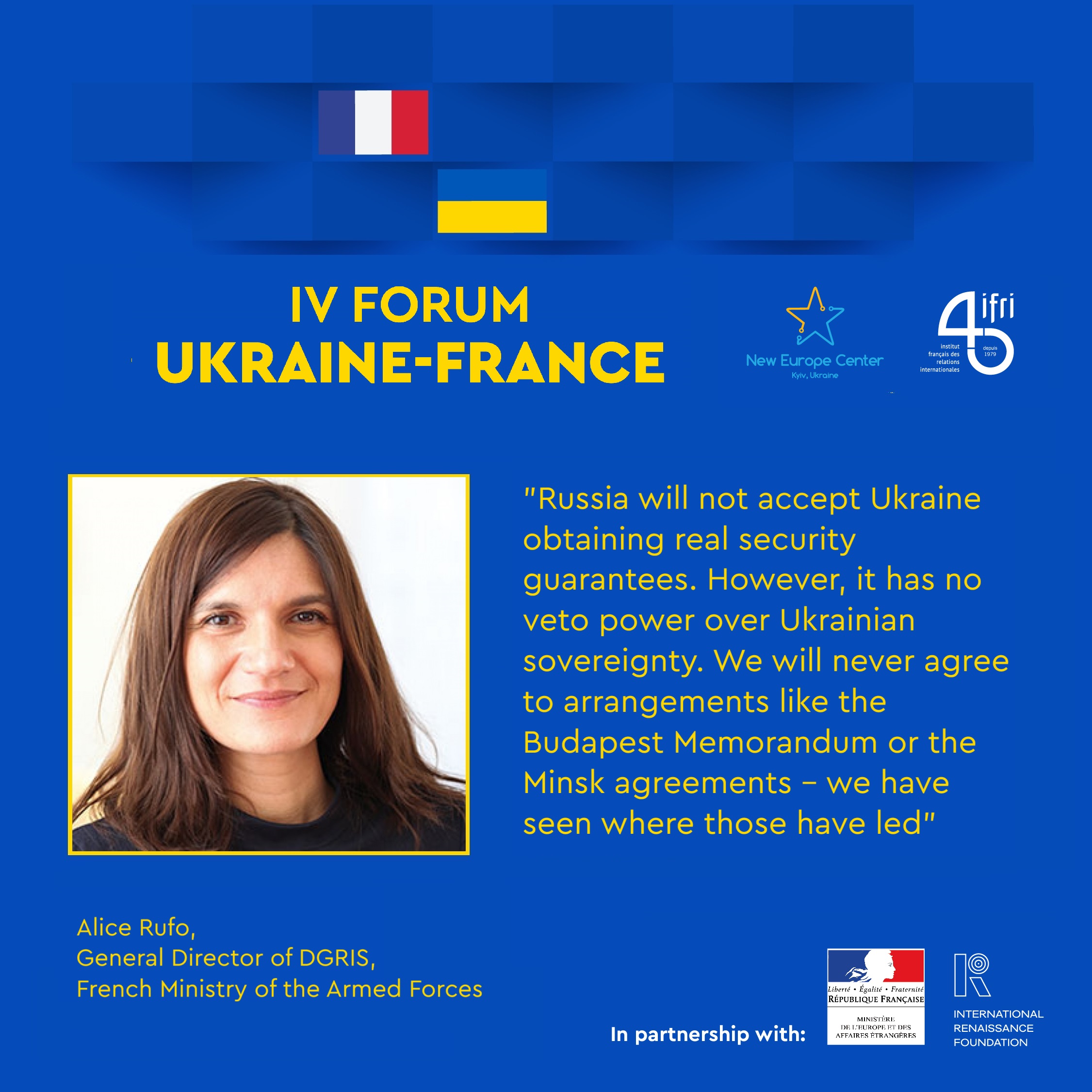
Alice Rufo, General Director of DGRIS, French Ministry of the Armed Forces:
- France views cooperation with Ukraine as a strategic interest for itself and for Europe; such support must be long-term and practical;
- The “Coalition of the Willing” demonstrates Europe’s capacity to assume political and operational risks, and its reinforcement helps shape a new European security architecture;
- Credible and effective security guarantees are needed — avoiding the repetition of past frameworks that allowed the aggressor to act with impunity;
- Joint production and Euro-Atlantic integration of defense supply chains are priorities and Ukraine’s experience and expertise must be incorporated;
- Hybrid threats — including cyberattacks, disinformation operations, and sabotage — are inherent features of modern warfare, requiring comprehensive adaptation of defense policy;
- Initiatives such as Sky Shield and other air defense projects are critical for protecting industrial infrastructure and scaling up production within Ukraine;
- National investments in critical manufacturing (such as explosives and gunpowder), as well as debureaucratization and acceleration of cooperation processes, are essential.
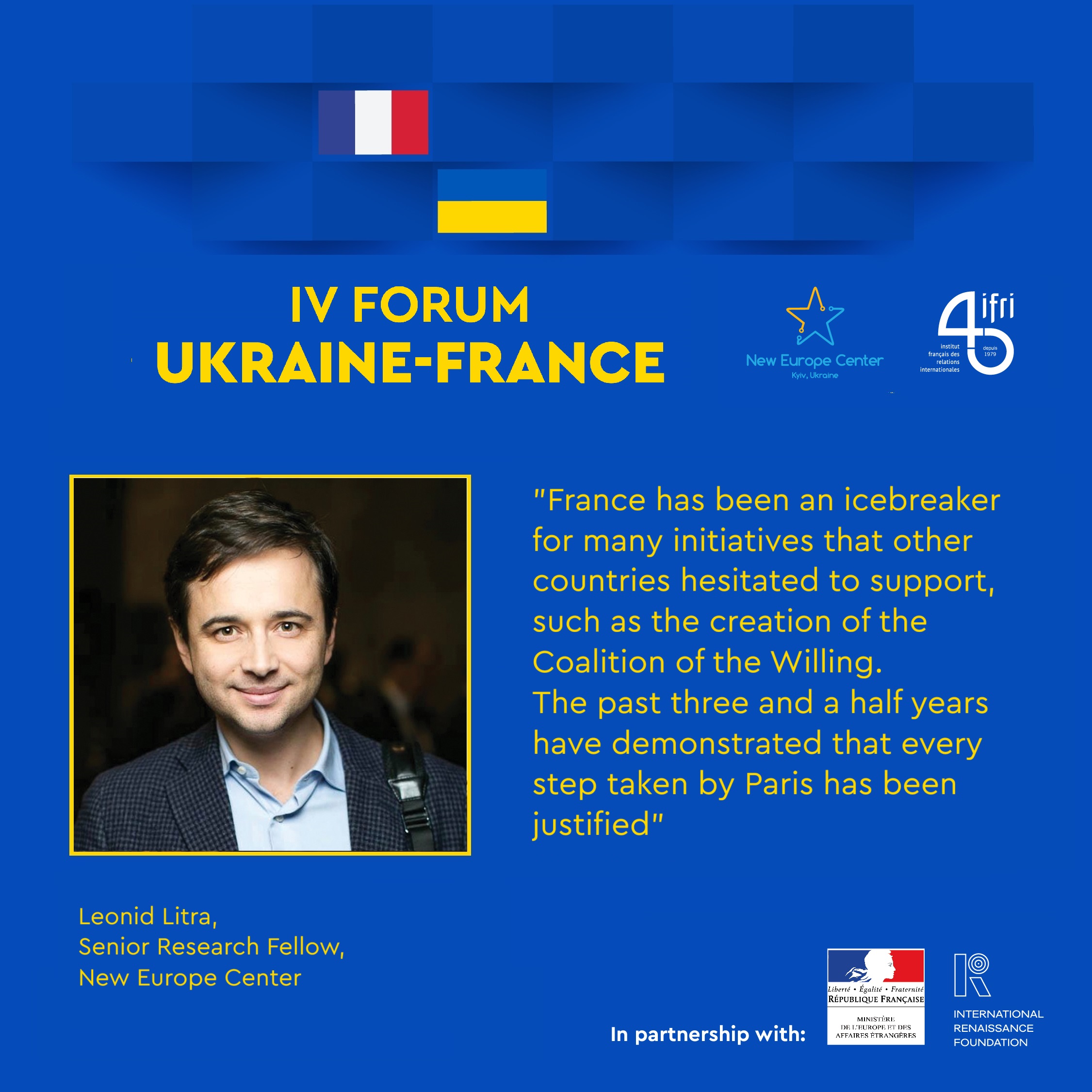
Leo Litra, Senior Research Fellow, New Europe Center, Ukraine:
- Ukraine and France strengthen each other: Ukraine brings battlefield experience, cutting-edge technologies, and the will to win, while France possesses a powerful defence industry and frozen Russian assets;
- France has been an icebreaker for many initiatives that other countries hesitated to support — such as the creation of the Coalition of the Willing. The past three and a half years have demonstrated that every step taken by Paris has been justified;
- Ukraine must counter not only the narrative of “defeat” but also the myth of “impossibility of victory.” In this context, partners’ information support is no less important than military assistance;
The other key messages of Leonid Litra can be found here.
Tatiana Kastouéva-Jean, Director, Russia/Eurasia Center, Ifri, kindly moderated the panel discussion.
Watch the recording in Ukrainian: https://cutt.ly/JrMLTgUJ
The Forum is organized by the New Europe Center in partnership with Ifri with the support of the French Ministry for Europe and Foreign Affairs. For this event, the New Europe Center is supported by the International Renaissance Foundation



